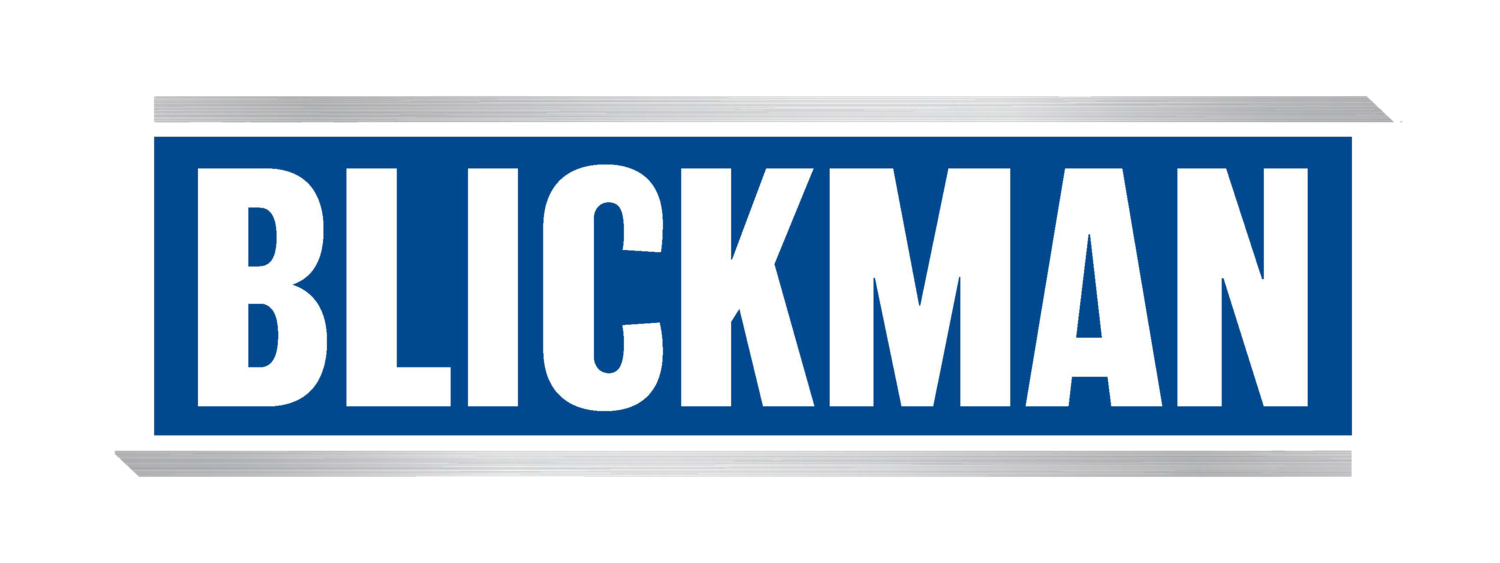Why does Blickman use 304 stainless steel for operating room equipment?
Because of all metals available, stainless steel is the strongest, has the greatest corrosion resistance, and requires the least maintenance.
Strength ―
Compared with other metals, steel is tougher. When 18% nickel and 8% chrome are added to become stainless steel (Type 304/18-8), it becomes tougher still, and its surface becomes denser. Moreover, its surface doesn’t chip or peel off.
Corrosion resistance ―
Chromium, when added to steel, unites with oxygen to form an invisible surface layer. This chromium-oxide surface is tough, resists most chemical attachments and is self-renewing in the presence of air. Nickel further improves corrosion resistance and “ductability” (i.e., workability or formability). Nickel also makes stainless steel nonmagnetic.
Ease of maintenance ―
Exposing a clean, smooth surface to the air, combined with regular cleaning, is the ONLY surface protection that stainless steel requires.
How does Blickman engineer stainless steel to optimize these properties?
The secret is in the design, construction and finish of each piece of equipment going into the operating room.
Construction
Gauges ―
Because stainless steel is so strong, Blickman can use lighter gauges than if using other metals, such as aluminum and regular steel. However, the gauge must be heavy enough to withstand the tremendous heat generated when “heli-arc welding” the stainless steel into shape. Compare gauges among manufactured products: the lower the number, the heavier the gauge (or the thicker the material).
Welding ―
Stainless steel affords the only certain way of building a piece of equipment that will last. By fusing two pieces of stainless steel together, the combined product becomes even stronger (at weld) than before.
The arc welding required for metals other than stainless steel creates intense heat, precipitating carbon, which eventually results in corrosion. However, the heli-arc welding of stainless steel utilizes a shield, keeping heat at a minimum. The result is a smooth, clean weld with much less precipitation of carbon and far greater resistance to corrosion.
Finish ―
Clean design, heavy gauges and heli-arc welding are all rendered worthless if the stainless-steel product is not properly finished. When a product is polished to a #4 finish, it allows the chromium to unite with oxygen on a smooth surface, thus providing the greatest corrosion resistance and “clean-ability.”
Blickman combines these four key elements of clean design, heavy gauge, heli-arc welding and #4 finish to create the quality you have come to expect in a Blickman product. It’s what enables us to provide you with our industry-first Lifetime Limited Warranty. Click on Find a Dealer or Find a Sales Rep to gain a demonstration of Blickman-built quality, and you’ll see the difference for yourself.








